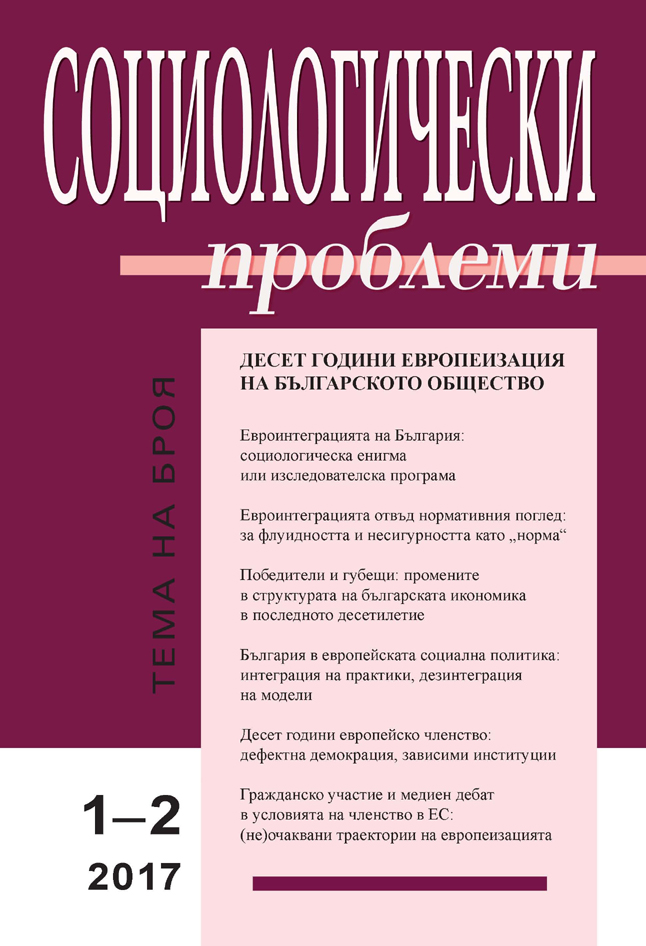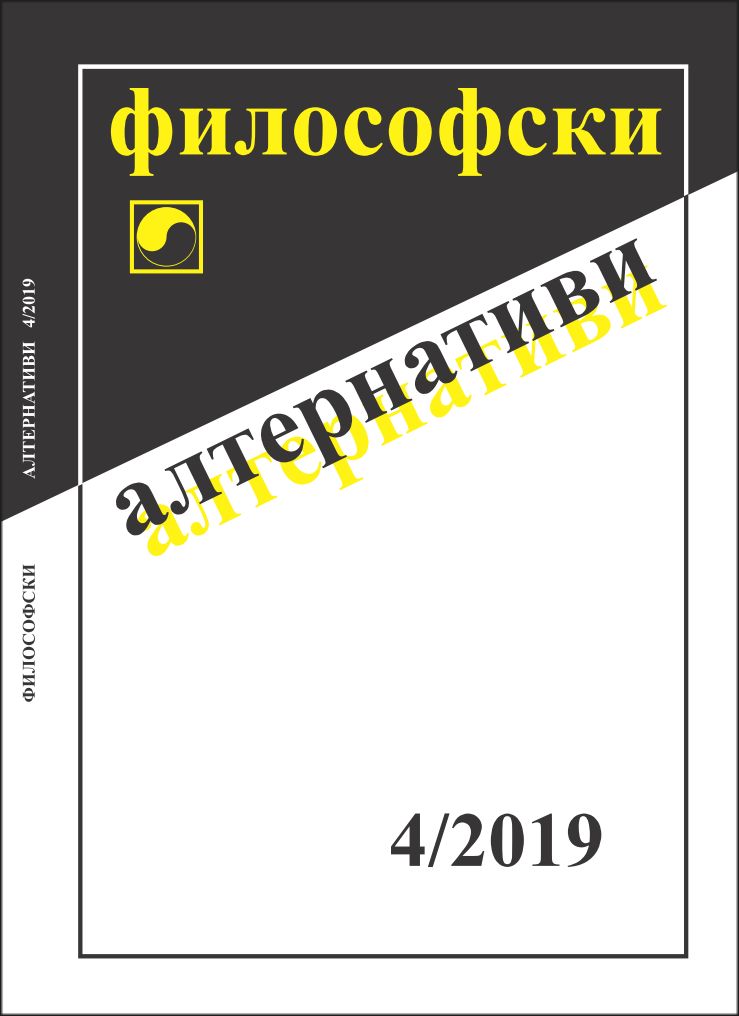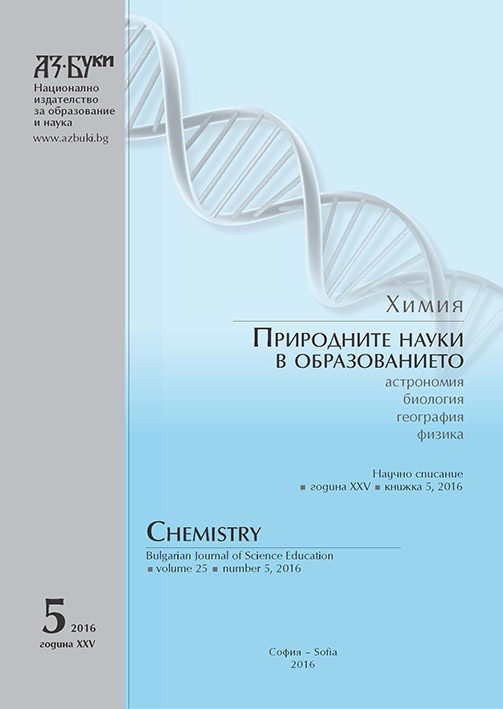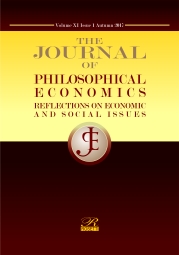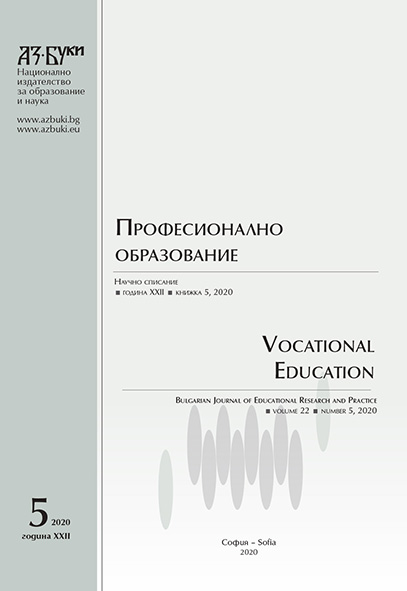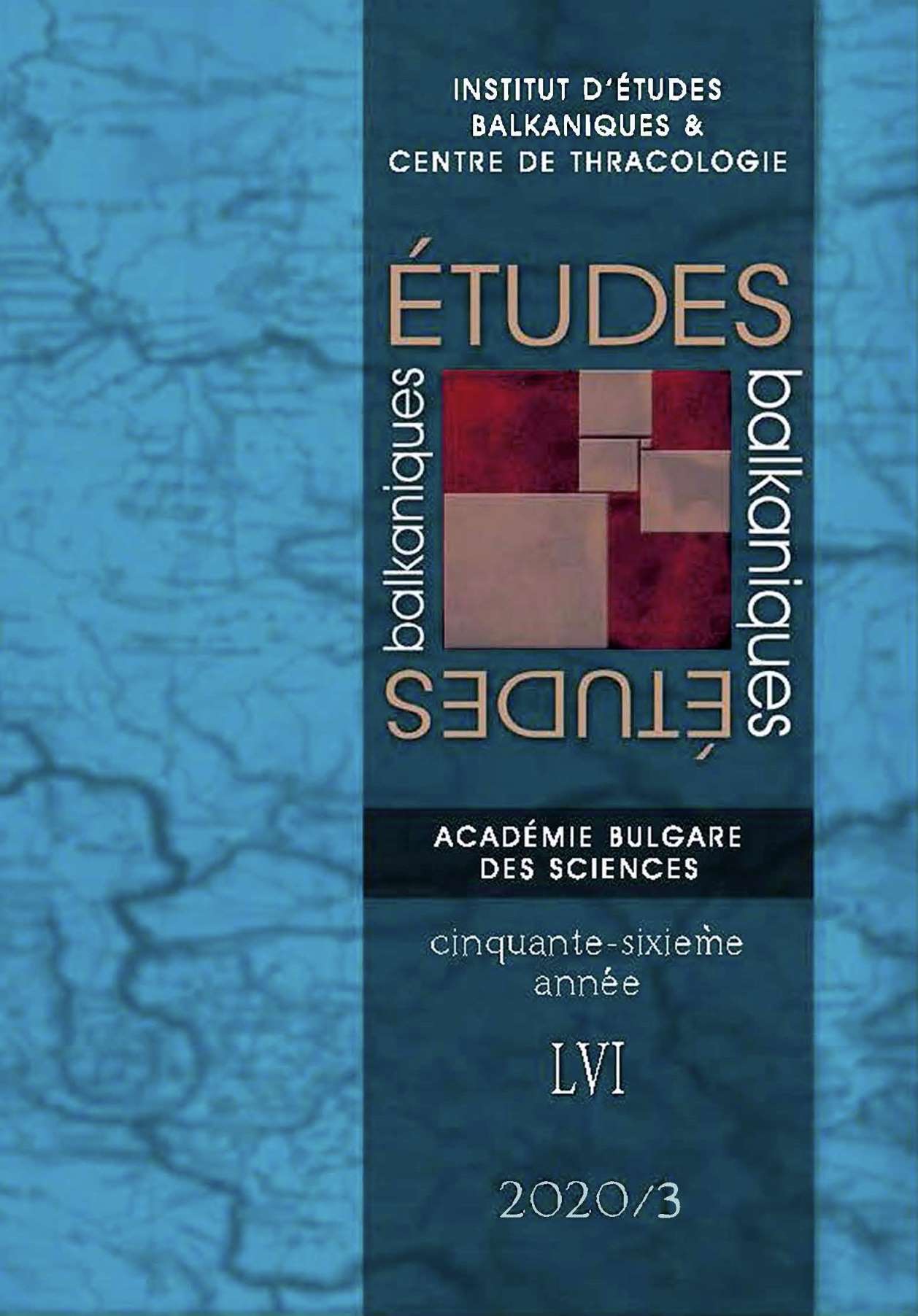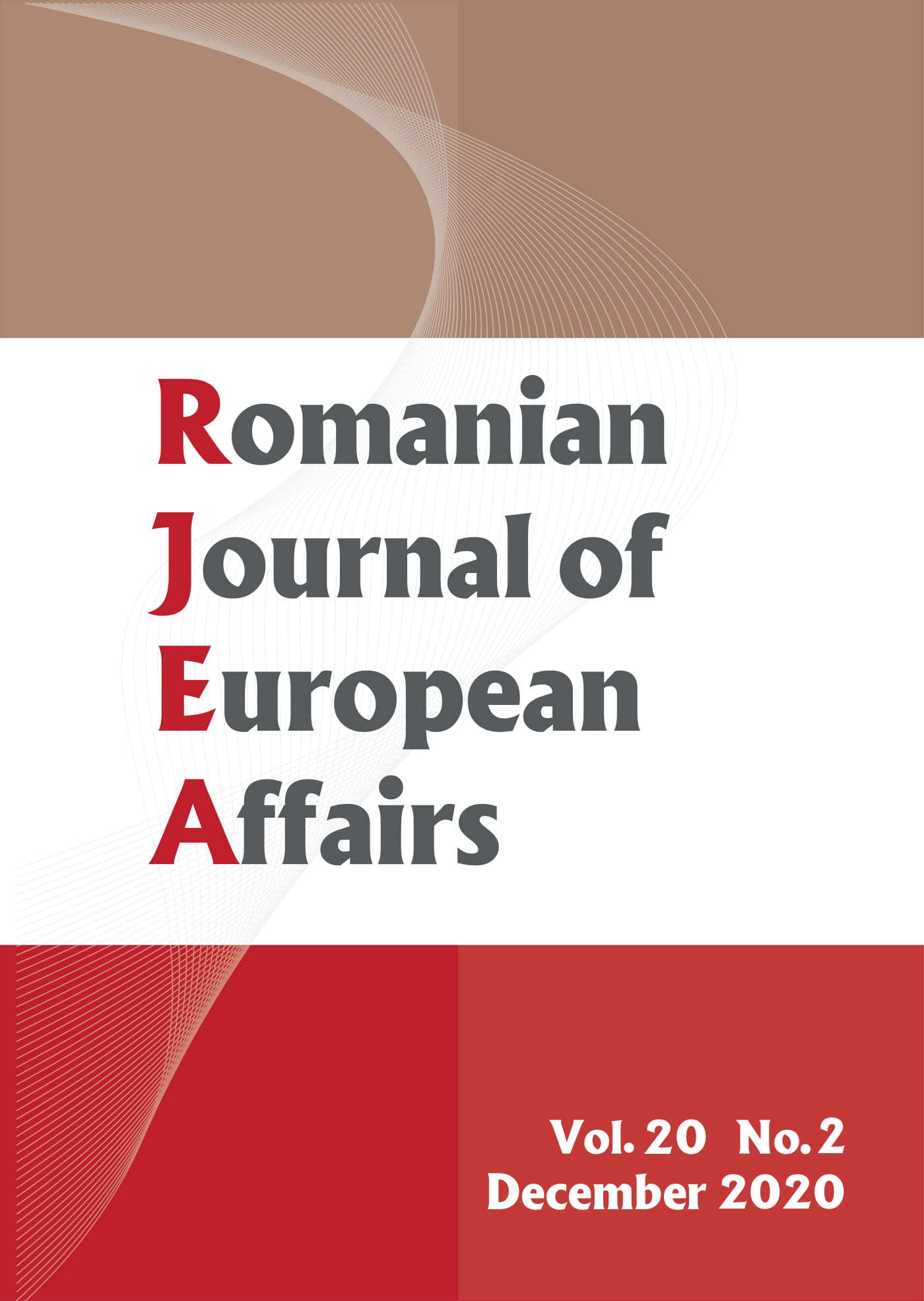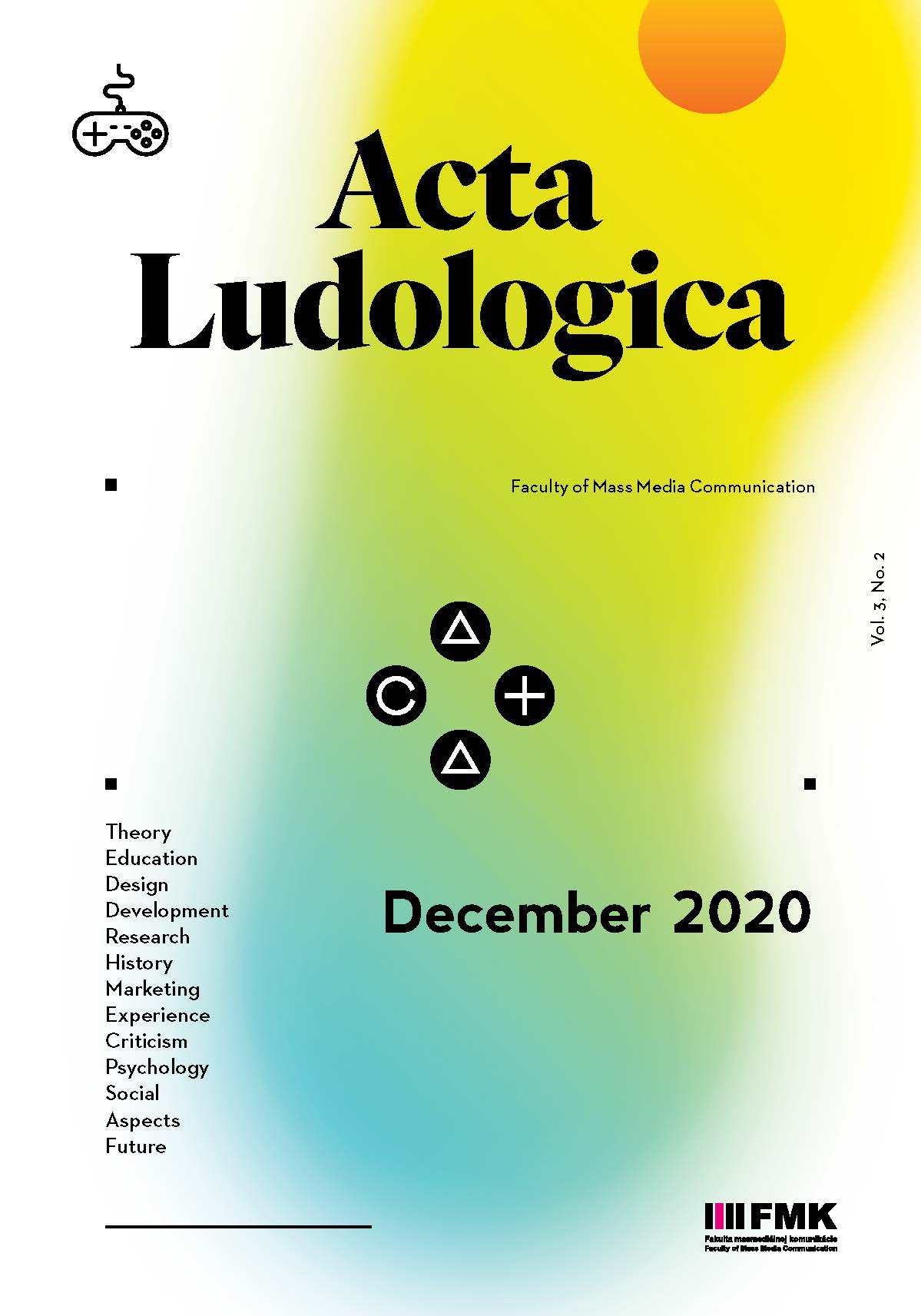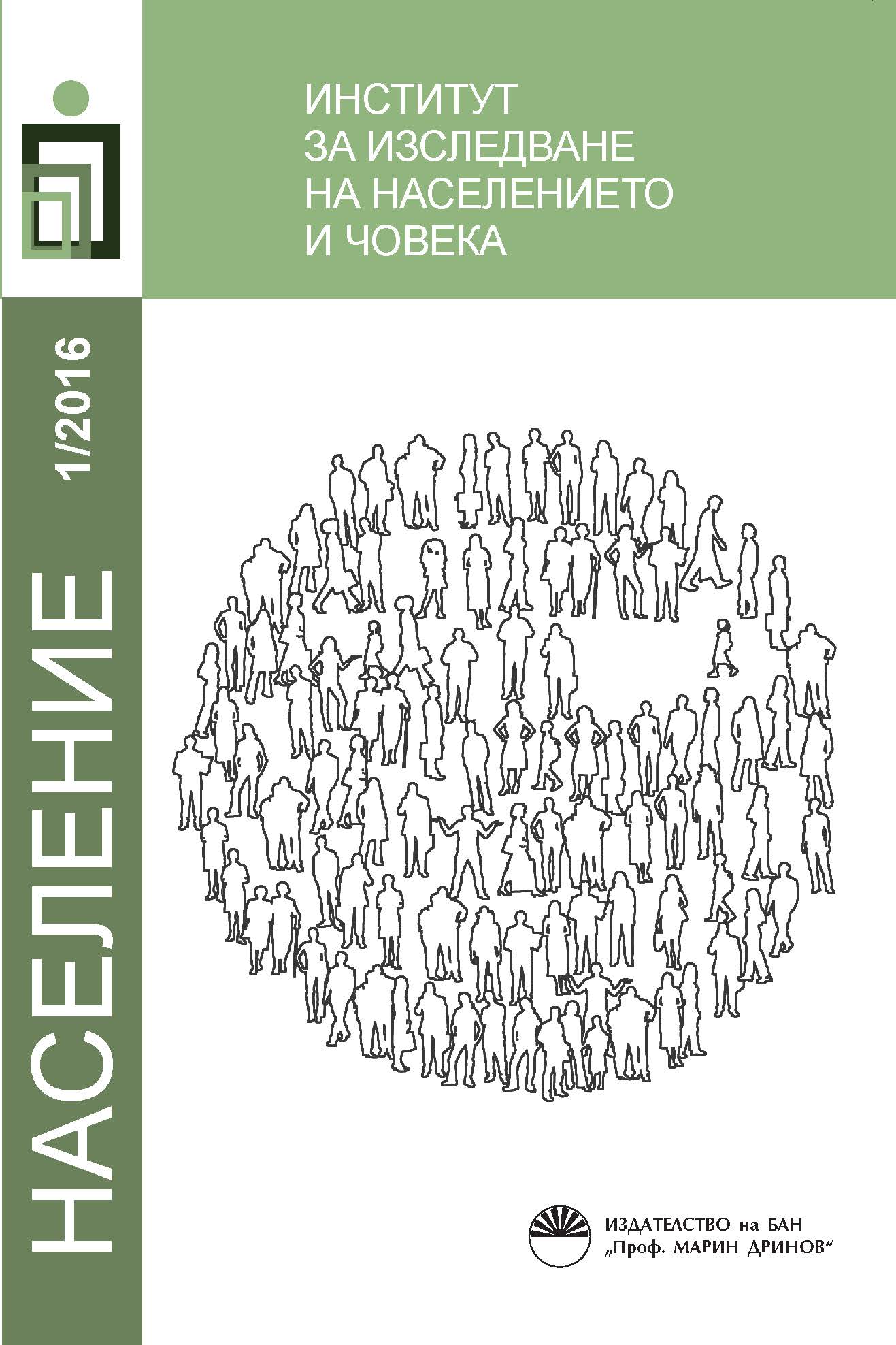
Оценка на актуализираната национална стратегия за демографско развитие на населението в Република България (2012–2030) от гледна точка на намаляване на различията, свързани с етничността
Using analytical consulting approach, we studiedly discuss the ethnicity related policies and measures in Bulgaria’s Updated National Strategy for Demographic Development (2012-2030) and its 2015 Plan for Monitoring and Implementation. Special attention is paid to health and human capital issues. The major problems of health policies and medical practices concerning fertility, (child/maternal) mortality, infectious diseases and morbidity are construed. Furthermore, the educational system’s shortcomings concerning the Roma children are listed and analysed. Recommendations which provide particular solutions of the pending problems are propounded.
More...
